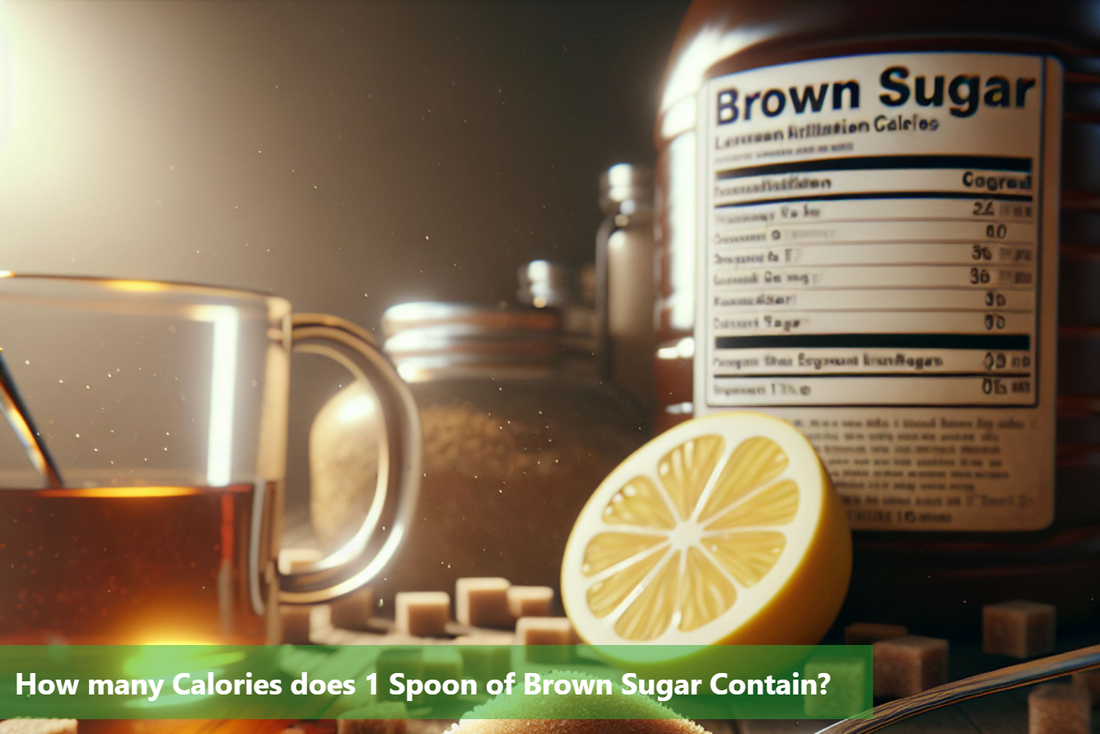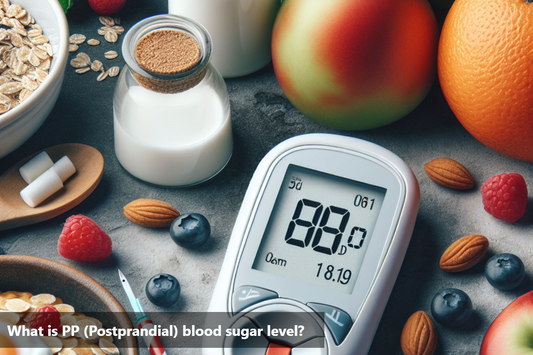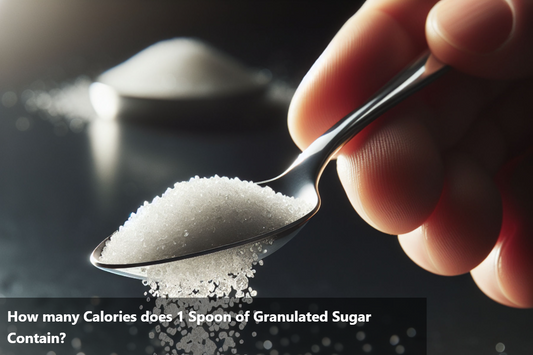Brown sugar contains calories that can impact your daily intake, making it essential to understand its calorie content for healthier eating habits. It's not just about the sweetness it adds, but also the calories hidden within. Whether you're sprinkling a spoonful in your morning tea or using it in baking, being mindful of its calorie content is key.
When it comes to brown sugar, even a small amount can make a difference in your calorie intake. Just one teaspoon of brown sugar can pack a calorie punch, affecting your overall daily consumption. Similarly, a tablespoon of brown sugar can further contribute to your calorie count, especially when compared to other sweeteners. It's crucial to be aware of these calorie additions to make informed choices about your diet.Incorporating brown sugar into your diet in moderation can help you satisfy your sweet tooth without compromising your health goals. Understanding the calorie content of brown sugar is a fundamental step towards maintaining a balanced and nutritious diet.
Calories in 1 Tablespoon of Brown Sugar
Brown sugar is a common sweetener used in various culinary creations. When it comes to calorie content, one tablespoon of brown sugar typically contains around 52 calories. This calorie count may vary slightly based on the brand and type of brown sugar used.
Comparing the calorie content of one tablespoon of brown sugar to other sweeteners, it falls in the mid-range in terms of calories. Brown sugar contains slightly more calories than white sugar, but less than honey or maple syrup. It's essential to be mindful of portion sizes when using brown sugar to sweeten your dishes or beverages.
If you are concerned about managing your calorie intake, it's helpful to understand the calorie content of different sweeteners. By opting for alternatives like stevia or erythritol, which have lower calorie counts, you can still enjoy sweet treats while keeping an eye on your overall caloric consumption.
Incorporating brown sugar in moderation can add a delightful flavor to your recipes without significantly increasing your daily calorie intake. Experimenting with portion sizes and exploring various sweeteners can help you strike a balance between satisfying your sweet tooth and maintaining a healthy diet.
Calories in 1 Teaspoon of Brown Sugar
Calories in one teaspoon of brown sugar may seem insignificant, but they can actually impact your daily calorie intake more than you think. One teaspoon of brown sugar typically contains around 17 calories. While this may not sound like much, consistently adding this to your beverages or dishes can add up over time.
If you are someone who likes to sweeten your coffee or tea with brown sugar, be mindful of how many teaspoons you are using. Those extra 17 calories per teaspoon can contribute to your overall caloric consumption for the day. Opting for healthier sweetener alternatives or reducing the amount of brown sugar you use can help manage your calorie intake.
Being aware of the calorie content in one teaspoon of brown sugar can be beneficial for those watching their calorie intake or trying to maintain a balanced diet. By making small adjustments and being conscious of your choices, you can still enjoy the sweetness of brown sugar without sabotaging your calorie goals.
Calories in 1 Cup of Indian Tea with Brown Sugar
Calculation of the total calories in a cup of Indian tea sweetened with brown sugar is crucial for managing your calorie intake effectively. One teaspoon of brown sugar typically contains around 15 calories, while one tablespoon amounts to approximately 45 calories. Therefore, adding two tablespoons of brown sugar to your tea can contribute around 90 calories just from the sugar alone.
When enjoying a cup of Indian tea with brown sugar, it's important to be mindful of the caloric impact, especially if you are watching your daily calorie intake. To manage your calorie intake while still indulging in a sweet cup of tea, consider using smaller amounts of brown sugar or opting for alternative sweeteners like stevia or honey, which have lower calorie content.
Additionally, you can balance the calorie intake from your tea by adjusting other portions of your meals throughout the day. Being conscious of the calories in your beverages, particularly those sweetened with sugar, can help you make informed choices to maintain a healthy diet and lifestyle. Enjoy your cup of tea mindfully, savoring the flavors while being aware of the calorie content to support your overall well-being.
Quantity Matters
One way to enjoy brown sugar in moderation is by being mindful of portion sizes. When adding brown sugar to your tea or coffee, consider using less than the usual amount to reduce calorie intake while still enjoying the sweetness.
If you prefer your beverages sweeter, you can explore natural low-calorie sweeteners or sugar alternatives to cut down on the overall calorie content without sacrificing taste.Additionally, when indulging in a cup of Indian tea with brown sugar, keep track of the frequency of consumption to avoid excessive calorie intake. Enjoying it occasionally as a treat within your daily calorie budget can help maintain a balanced diet.
Incorporating brown sugar into recipes can also be done in a measured manner to control calorie intake while still relishing the flavor it adds to dishes.
This Blog post is an initiative by DiabeSmart, to provide accurate and Nutritionist / Doctor approved information related to Diabetes. DiabeSmart is India's first Food brand designed specifically for Diabetics, that has been clinically tested on Diabetics and Pre-Diabetics to deliver 55% - 70% lower Sugar spikes. DiabeSmart is part of Lo! Foods - India's leading brand for Everyday Functional Health foods.







